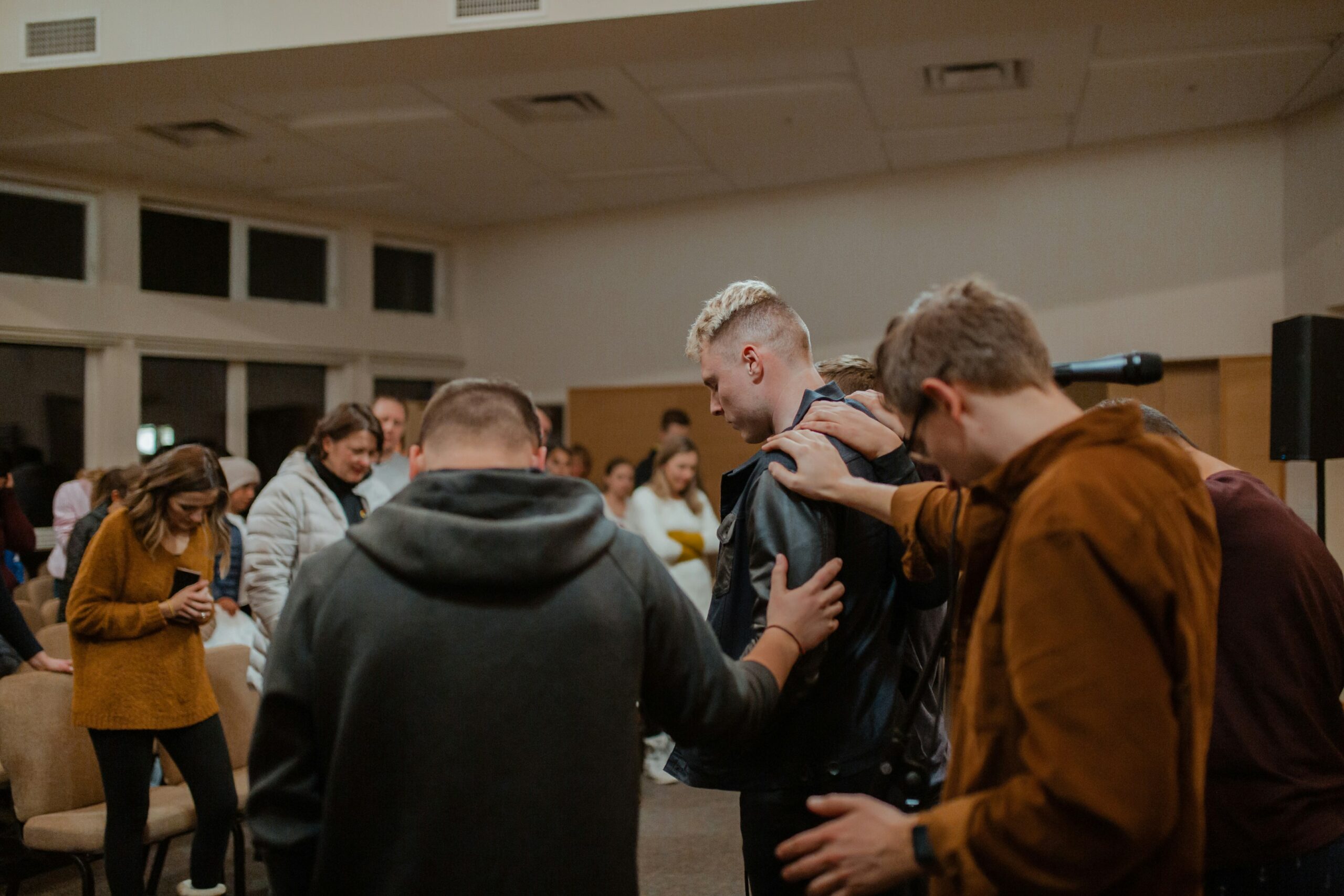We honor the life of George Verwer, our founder. Read More

A pastor serving in the Arabian Peninsula shares how professional Christian workers are not just a different form of missionary; they are the future of missions.
For almost 30 years, Pastor Alan* and his wife, Susana* (from the United States), have lived in the Arabian Peninsula, where he serves as a pastor. “I’m a seminary-trained pastor who raises support, which follows the old model of how missionaries have been sent out in the past. As someone who is sent traditionally, I know this system works.
“But it is limited.
“When I think about the number of missionaries that we can send through this old model of being sent and supported, I see a ceiling—a cap,” Pastor Alan clarified. “For example, if a church in a poorer country wants to send a missionary to a country like the United Arab Emirates, where the standard of living is very high, how can this church support this family financially, when they might need ten times the amount of the salary of their pastor just to live in another country? They can’t.
“But if they were to go as professional workers, these missionaries actually will be paid to be there—and then they might even be able to send back money to their home church to support the church there and future missionaries to come.
“If you take away the financial issue, there is no limit to the number of missionaries we can send.”
Pastor Alan sees sending professional workers as missionaries as the best way to serve in the Arab world. “Practically, it makes sense. You can’t stay in the Arabian Peninsula without a work visa. There aren’t missionary visas there, so you need to be skilled to get a job and be an asset to the community.
“I also believe it is the best way to share Jesus in that part of the world. People who go to work every day, who struggle with the same hours and the same work environment—that’s where life takes place, and that’s where both the gospel can be shared and discipling can take place in its most natural form.
Pastor Alan continued, “God gives people the skills to be journalists, doctors, teachers, plumbers, etc. When we use our gifts and skills, God is glorified, and people will see Him through us. The missionary will also have joy in that, because that’s the way we are wired—they will flourish because they are doing something they love, whether it’s working with numbers, practicing law, being a football coach, styling hair, being a taxi driver, doctor, nanny or pilot.
So, what we’re saying is: Take what God has given you, and instead of doing it at home, why don’t you do it in a country where people haven’t heard of Jesus, and you can be a light?
“Instead of, ‘I’m a missionary’, someone could say, for example, ‘I’m a follower of Jesus, and I’m an IT specialist in the Arabian Peninsula.’ It’s clear; it’s simple; and it is the truth—and I believe it is the future of missions to the least reached.”
*Names changed for security
Keep up with and pray for OM’s Ministries
Your privacy is always important to us. When you visit our site, we may use cookies to improve your experience by storing information on your browser. These cookies help us understand things like browsing behavior so we can personalize your visit. You can manage your cookie preferences anytime by adjusting your settings. Just keep in mind that blocking some cookies may affect certain website features and functions.



